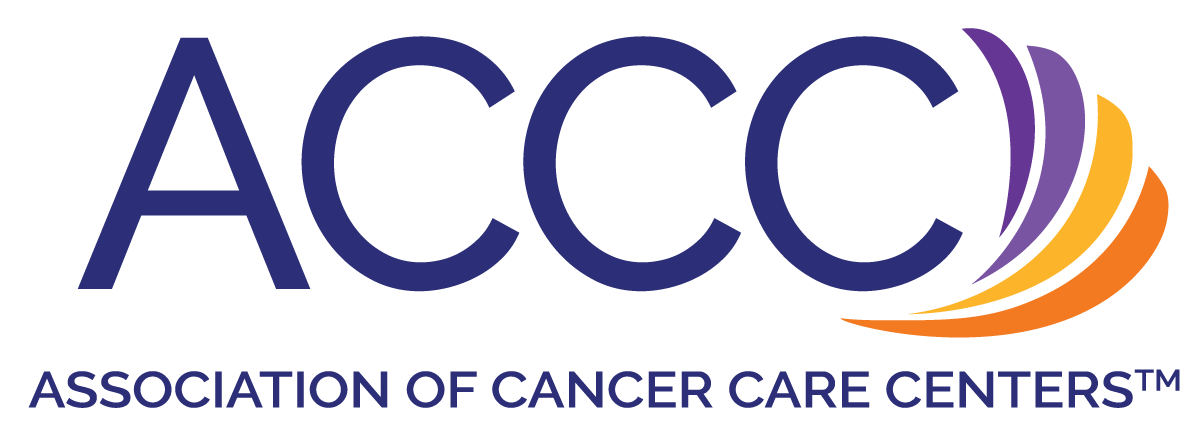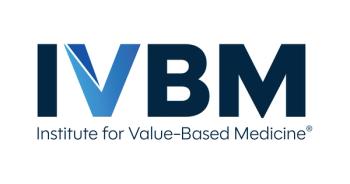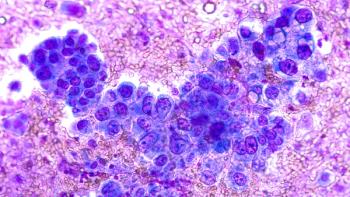
- February 2021
- Volume 27
- Issue 2
ACCC and ASCO Collaborative Targets Disparities in Cancer Clinical Trials

ACCC president Randall Oyer, MD, gives insight into the ongoing collaboration between the ACCC and ASCO to foster minority participation in cancer clinical trials.
The collaboration, which came to fruition over the summer, is specifically designed to reduce racial and ethnic disparities in clinical trial participation, where ethnic minority populations are continually under-represented. Recent research has found that Black patients make up just 4% to 6% of trial participants, despite representing 15% of all cancer patients, and Hispanic participants about 3% to 6%, despite making up 13% of all patients with cancer.1,2
A recent report from the American Cancer Society highlighted persistently lower survival rates in Black cancer patients compared with White cancer patients in most cancer types, despite a steady overall decrease in cancer mortality in the United States from 1993 to 2018.3 Those findings further reinforce a lag in progress when it comes to closing long-known gaps in cancer outcomes.
“If clinical trials don’t represent the individuals we treat, including those from racial and ethnic minority populations, the state of science suffers and patients with life-threatening conditions may miss out on the best—perhaps only—treatment option for their condition,” 2020 ASCO president Lori J. Pierce, MD, FASTRO, FASCO, said in a statement when the collaboration was announced. “This initiative is of critical importance and we’re honored to be working with ACCC to address longstanding barriers to diversity in cancer treatment trials.”
Closing the gaps in cancer care will be no small task, but oncologists countrywide have embraced this cause, said Randall Oyer, MD, medical director of the oncology program at Penn Medicine Lancaster General Health and 2020-2021 president of the ACCC. Oyer told Evidence-Based Oncology™ (EBO) that a
For insight and updates on the collaboration, EBO spoke with Oyer about the initiative and the disparities it aims to overcome. The following has been edited lightly for clarity:
EBO: First, can you discuss the need for greater diversity in clinical trial populations?
Oyer: To begin, it’s a matter of equity for all patients to be able to benefit from the advances that we have through cancer research. Secondly, applying trial results to people who would not have been eligible for a clinical trial has been associated with safety issues, and applying trial results to people who aren’t invited to participate limits the generalization of the results and what we learn from the trial.
EBO: What went into the decision to collaborate with ASCO on the initiative to increase minority participation in clinical trials?
Oyer: Both ASCO and ACCC have a very strong mission to apply results across all communities and have a very strong social mission. And truthfully, the CEO of ASCO, Dr Cliff Hudis, noticed the similarity between this year’s presidential theme in ASCO, where Dr Lori Pierce had chosen social determinants of health, and the presidential theme for ACCC, which was moving clinical trials out into the community. Clearly, there was overlap, and focusing on Blacks and other ethnic minorities who have been traditionally underrepresented in cancer treatment trials seemed to be something that we could do better together.
EBO: The window for idea submission closed in late August. How was the response rate?
Oyer: About 30 thoughtful responses came in from ASCO and ACCC members, really highlighting how important this issue is to investigators across the country and how people have already started to work on the problem. So we were really pleased with the response, and there were some top-notch ideas.
EBO: What are some of the potential barriers to clinical trial participation for minority populations that you think might be the simplest to resolve in terms of strategy and resources?
Oyer: There are many barriers to clinical trial participation for Blacks and [other] minorities, and actually, none is simple. But the simplest first step would be to offer trials to people. We’ve learned through our investigation process that we need to change the entire clinical trials ecosystem. There are complex issues having to deal with building trust in individuals and communities; providing trials for patients that match the conditions they have and for which they’re eligible; recognizing bias in providers and systems, and taking steps to educate and mitigate against that; and addressing practical issues that impede a person’s opportunity to participate in a clinical trial, such as transportation or time off from work, for example.
EBO: The RFI noted that a recent review found that there was a decrease in minority participation in clinical trials from 2003 to 2016. Why do you think those numbers appear to be shrinking despite increased focus on health care disparities in that time frame, and in recent years?
Oyer: Well, it depends upon the type of cancer. In this study of National Cancer Institute trials, Blacks had lower enrollment fractions in breast, colorectal, and lung cancer trials, but not in prostate cancer trials. So it really means that we have to look at what the differences might have been in terms of study design, study marketing, and recruitment strategies. But the investigators didn’t comment on that, so we can’t really speculate.
EBO: Are there any specific strategies to address long-standing barriers to clinical participation? How does the new ACCC and ASCO collaborative aim to avoid similar results?
Oyer: Well, I don’t think we have a knowledge gap. I think we’re seeing a dissemination gap, and I think we’re seeing an investment gap. The problem has been documented: Blacks and other ethnic minorities are enrolled to a lower extent than others on cancer treatment trials, and our investigators, a review of the landscape, and our steering group have advised that we need an entire ecosystem to address this with solutions at the patient level, the system level, at the community level, at the provider level, and even in trial design.
References
1. Loree JM, Anand S, Dasari A, et al. Disparity of race reporting and representation in clinical trials leading to cancer drug approvals from 2008 to 2018. JAMA Oncol. 2019;5(10):e191870. doi:10.1001/jamaoncol.2019.1870
2. Duma N, Aguilera JV, Paludo J, et al. Representation of minorities and women in oncology clinical trials: review of the past 14 years. J Oncol Pract. 2018;14(1):e1-e10. doi:10.1200/JOP.2017.025288
3. Siegel RL, Miller KD, Fuchs HE, Jemal A. Cancer Statistics, 2021. CA Cancer J Clin. Published online January 12, 2020. doi:10.3322/caac.21654
Articles in this issue
almost 5 years ago
Radiation Oncology’s Role in the Next Chapter of Payment Reformalmost 5 years ago
Flying the Plane While You Build Italmost 5 years ago
The Untapped Potential of Cell and Gene Therapyalmost 5 years ago
Possible Treatment Identified for Aggressive NSCLC SubsetNewsletter
Stay ahead of policy, cost, and value—subscribe to AJMC for expert insights at the intersection of clinical care and health economics.








